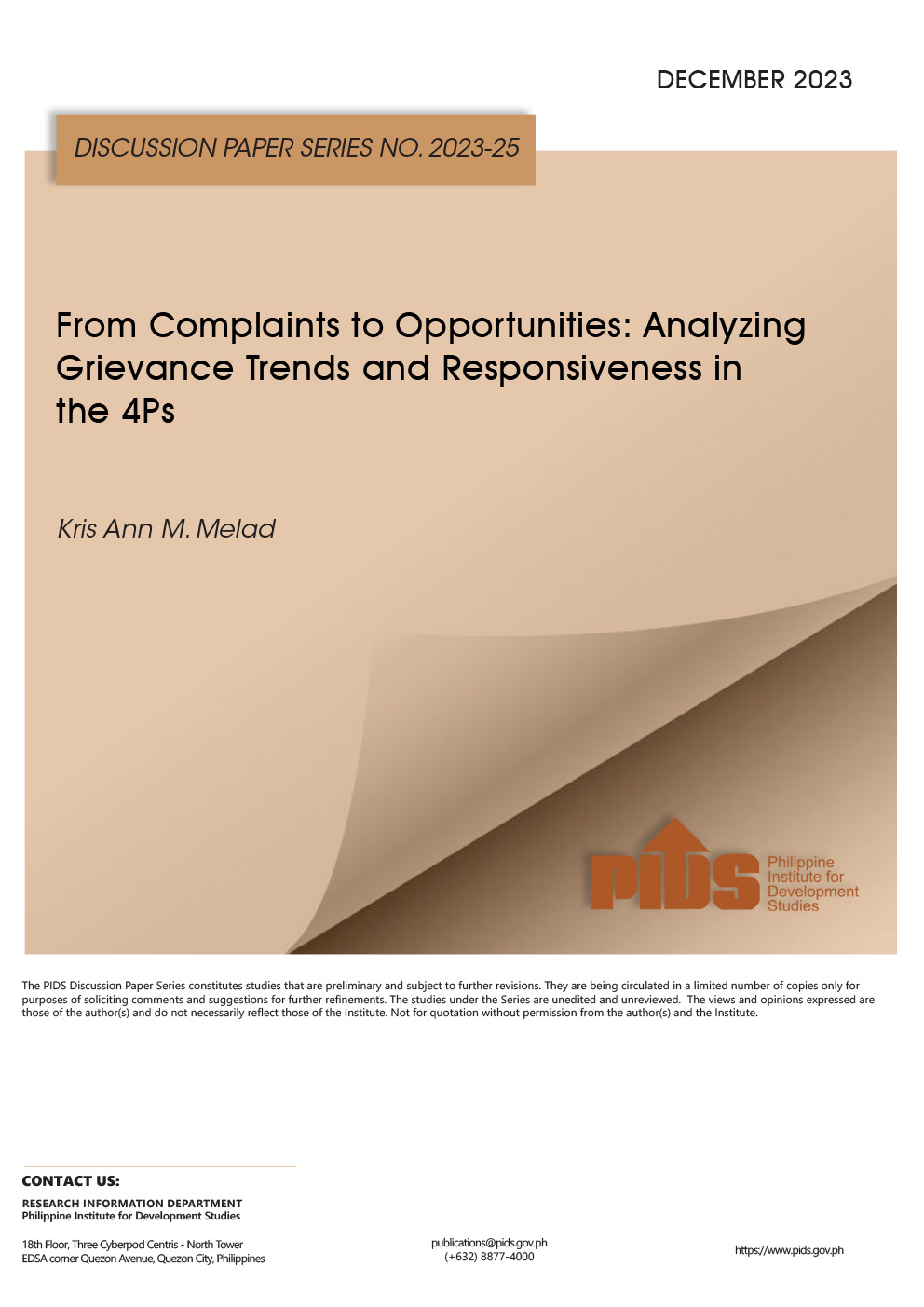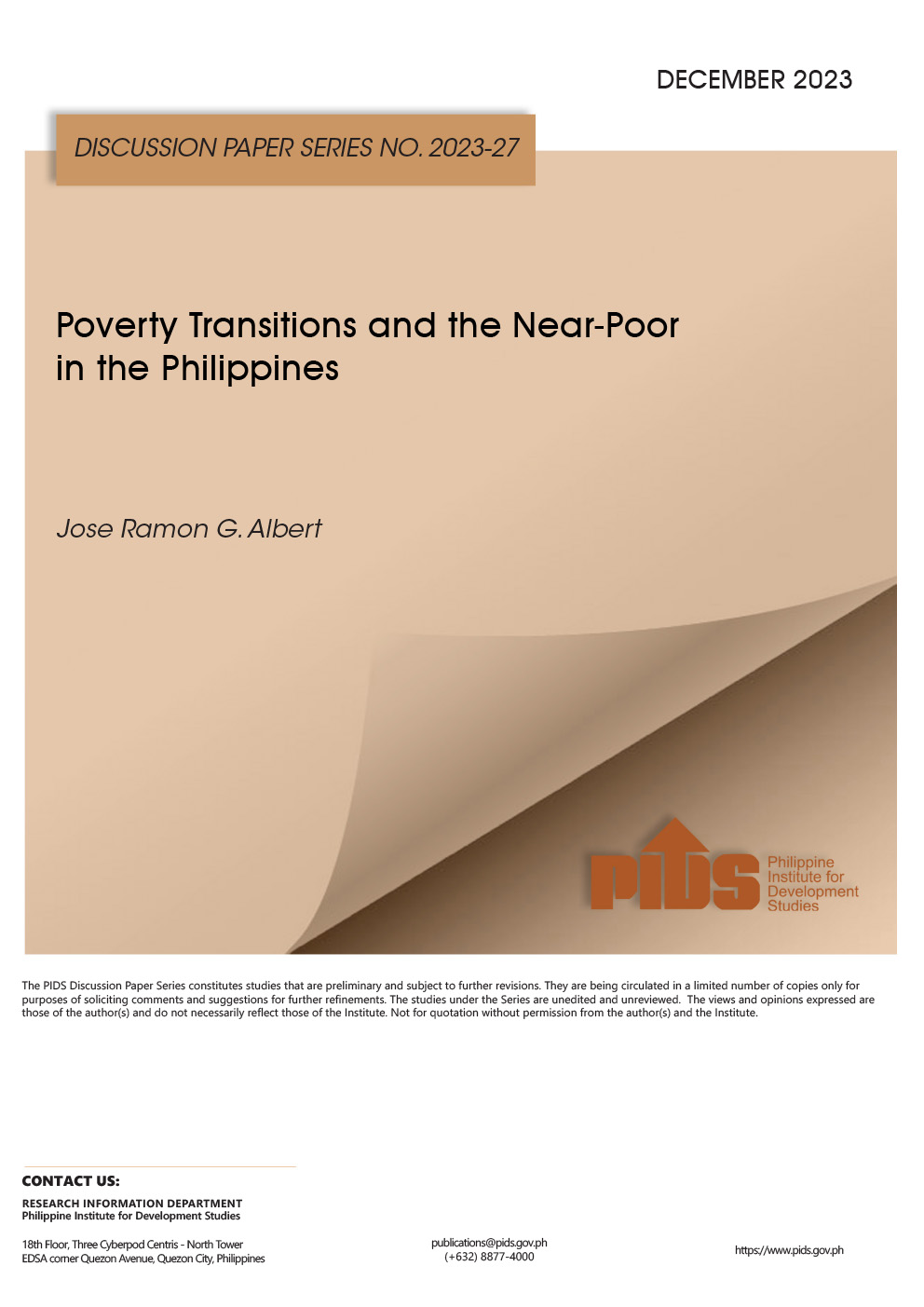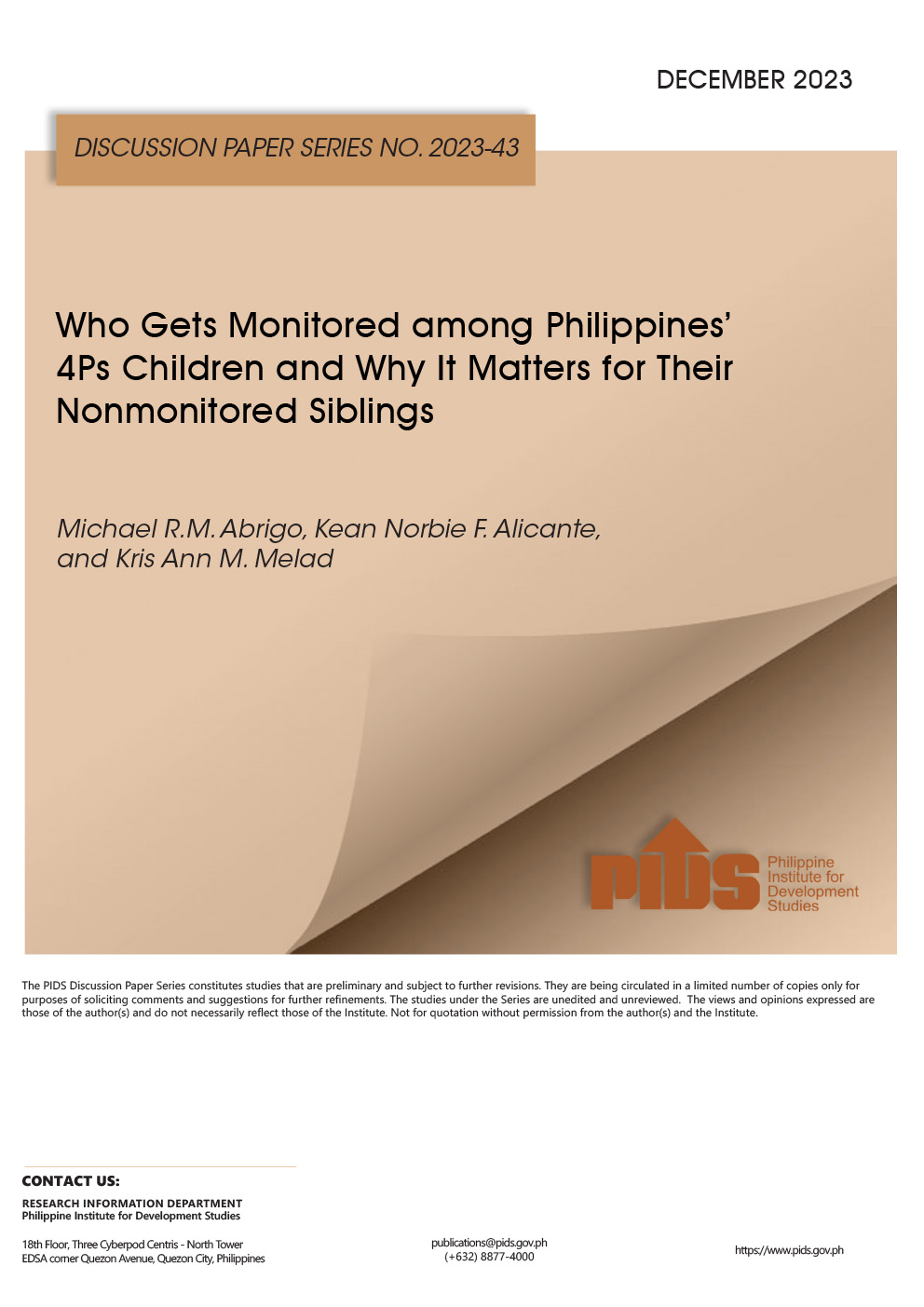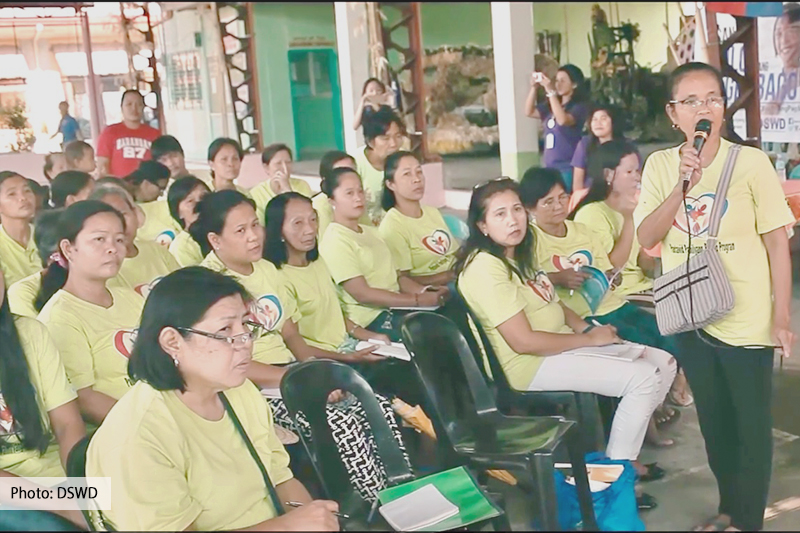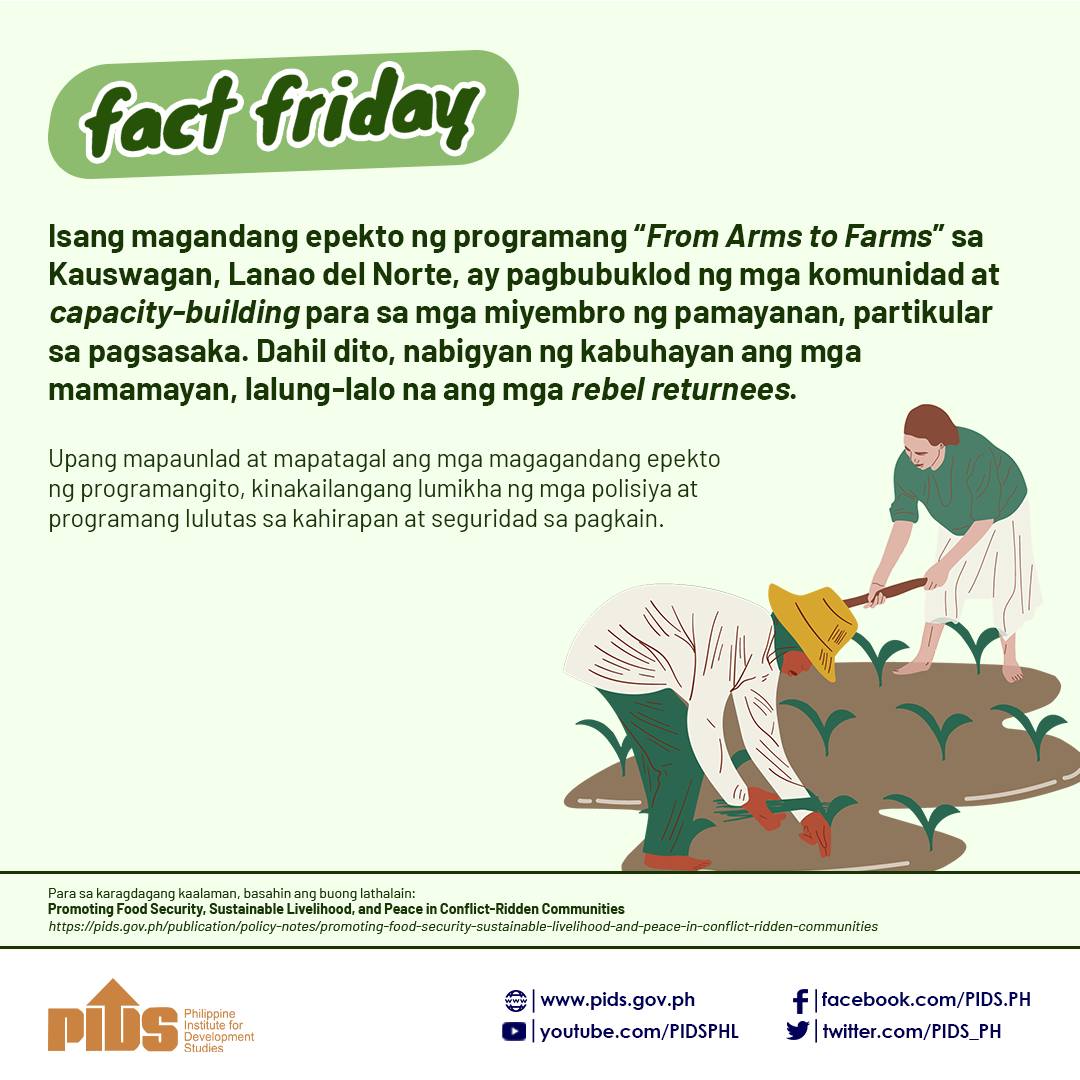THE Conditional Cash Transfer (CCT) may no longer be enough to suit its purpose of extending financial assistance to the poor and should be indexed to prevailing inflation, according to a study released by state-owned think tank Philippine Institute for Development Studies (PIDS).
This was part of the recommendations of the study titled Giving Cash to the Poor: A study of Pantawid Pamilya Cash Grants Generosity, Frequency, and Modality authored by PIDS Supervising Research Specialist Kris Ann M. Melad, Research Analyst Nina Victoria V. Araos, and Senior Research Fellow Aniceto C. Orbeta Jr.
Based on their findings, from the intended level of benefits in the program’s first year of implementation, a cumulative reduction in the real value of cash grants by around 30 percent was expected by 2016 due to inflation.
“DSWD [Department of Social Welfare and Development] and PIDS should study the need to establish a principle for adjusting the grant amount provided by the program ahead of the six-year schedule of reviewing the benefit level stipulated in the 4Ps Act/RA 11031,” the researchers said.
“This is also important given that the country will enter the recovery phase post-Covid. An ex-ante analysis should precede the increase in the amount of grants,” they added. Prior to the passage of the CCT law, compliant household beneficiaries receive P500 a month for health grants.
Each compliant child in preschool, kindergarten, and elementary (K-6) receives P300 per month while each compliant child in high school receives P500 per month.
The education grant can only be received by a maximum of three children for 10 months each year for each household.
Starting only in 2017, an amount of P600 per month is given to the households as a “rice subsidy”—an additional benefit supposedly aimed to improve food security among beneficiaries.
“The provision of the rice subsidy in 2017 helped recover this loss in value of the cash grants, but this could also mean that no real increase in benefits was experienced by the beneficiaries for food security,” the authors said.
“The reduction in the real value of grants has been cited as one of the possible reasons for the lack of program impact on some outcomes, including total per capita expenditure, and prevalence of working children based on the past impact evaluation studies of the program,” they added.
With the passing of the law, the health grants increased to P750 from P500 and education grants for children in senior high school increased to P700 from P500.
Meanwhile, grants for children in elementary and junior high school remain at P300 and P500, respectively. These amounts are expected to be adjusted every six years based on recommendations of PIDS through the program National Advisory Council—its policy-making body composed of DSWD and other agencies.
“If grant amounts cannot be adjusted proactively, supplementary interventions [other programs or other cash assistance] should be pursued,” the authors recommended.
Apart from the adjustments in the amount, some beneficiaries were also issued cash cards from the LandBank of the Philippines, allowing them to receive their cash grants earlier.
The number of cash card holders steadily increased to 75 percent as of July 2019 from 44 percent in 2017, according to data from the DSWD.
However, this showed that until a year ago, 1 million out of the 4 million beneficiaries of the program were vulnerable to delays and unpredictability of payments.
This, the authors said, should prompt improvements in the processes and information technology infrastructure of DSWD and LandBank.
“More than increasing the frequency of payouts, reliability and predictability of payment schedules appear to be more important. This can be done by ensuring payouts are conducted according to an explicit declared schedule and beneficiaries have reduced barriers to access the grants,” the researchers said.
Cash aid scheme under CCT may need some revisions—PIDS study

